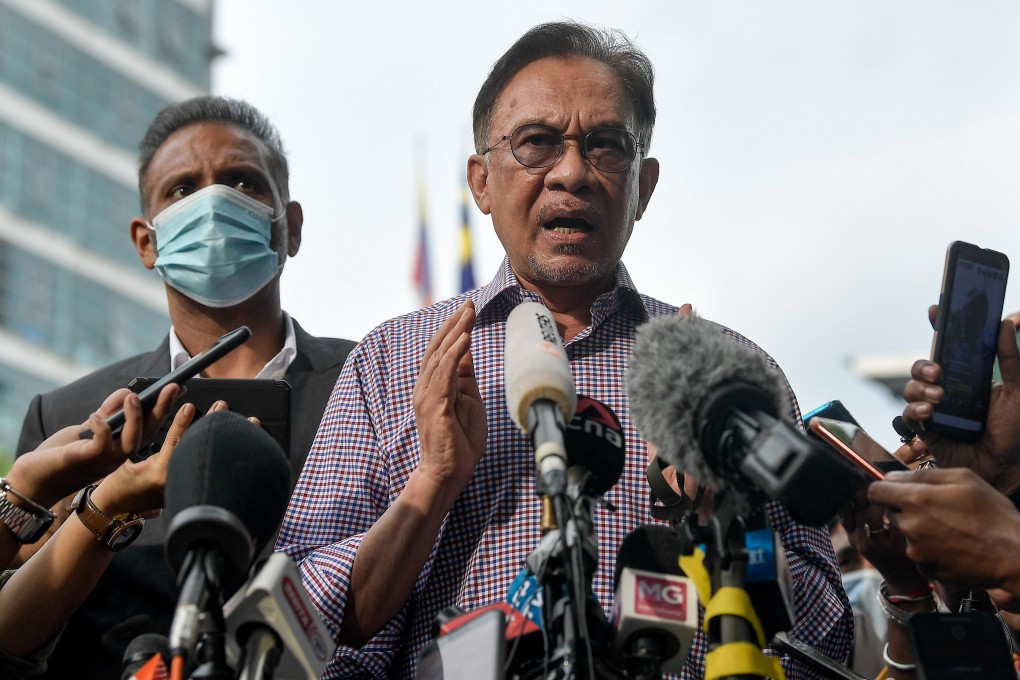Opinion | In Malaysia, is Shafie Apdal vs Anwar Ibrahim a contest for opposition leadership?
- The fortunes of Anwar, the current opposition leader, are on a downward trajectory, with Parti Warisan’s Shafie aiming to fill the leadership vacuum
- Although he lost in the Sabah state elections in September, Shafie’s star may be on the rise again – and the country may be ready for an East Malaysian leader

On December 15, the Malaysian parliament passed its final reading of next year’s budget. The measure, which was passed 111 to 108, was – in reality – approval of the country’s biggest-ever budget as well as a vote of confidence in the ruling Perikatan Nasional (PN) administration.
In recent months, opposition members of parliament have submitted numerous no-confidence motions against Muhyiddin, which have been passed over by the parliamentary speaker on grounds of government bills having precedence. That said, rumours of disgruntled PN MPs breaking ranks to cross the floor have been legion. Given this, the budget’s passing is a big boost for Muhyiddin, and will buy him some much-needed breathing room.
In the end, these machinations came to naught, and the budget was passed. Indeed, PH’s parliamentary performance was not up to par, with its component parties not acting in unison at crucial junctures. Apart from veteran and one-time finance minister Tengku Razaleigh, all other PN MPs voted in support of the budget.

Perceiving a vacuum, Shafie Apdal, president of the Sabah-based Parti Warisan, has sent strong signals that he is competing for the coalition’s top leadership post. Although Warisan is not a component of PH, the party has been allied with the coalition since 2018 under the “PH plus” umbrella.

